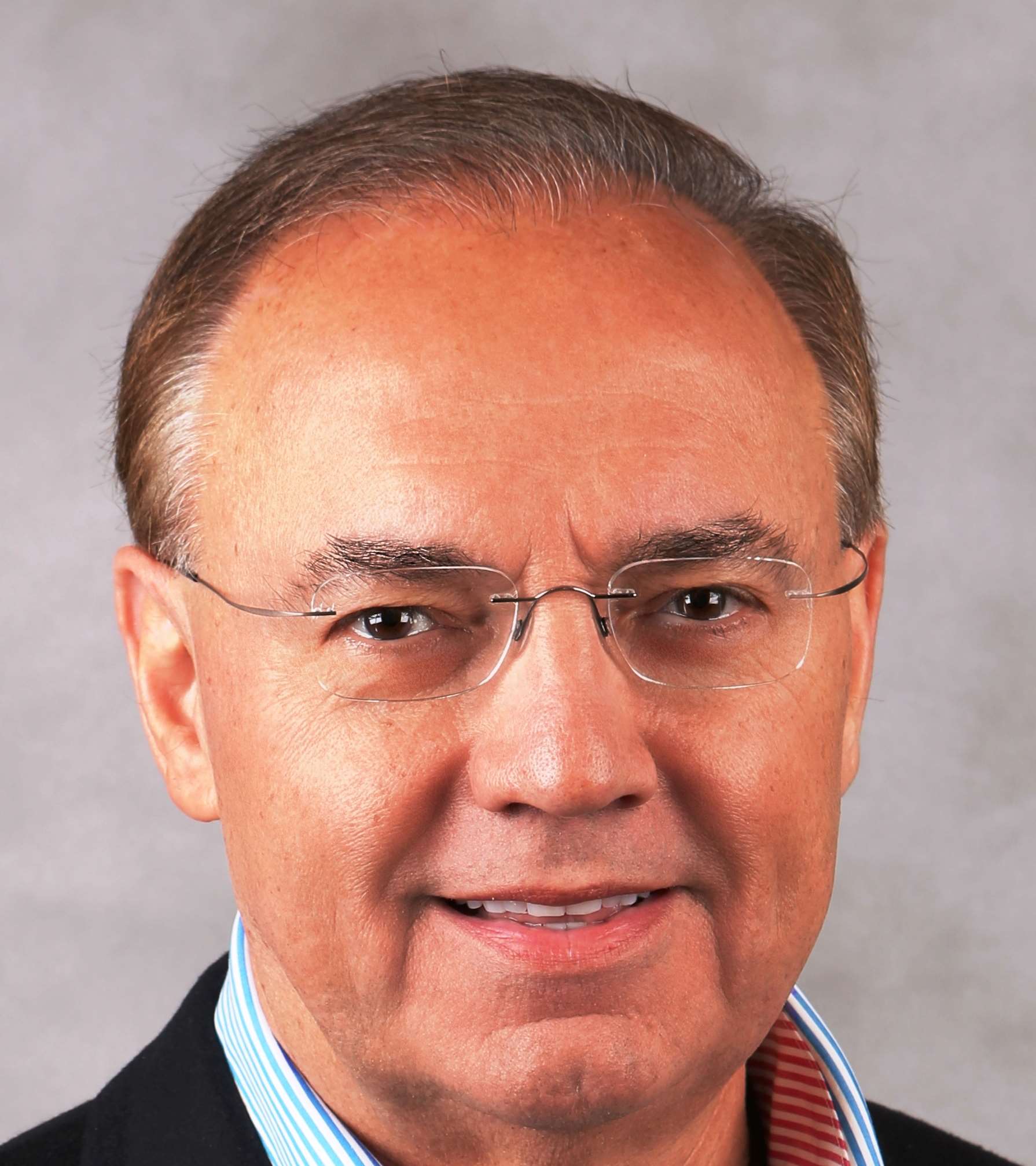
Zeljko Bosnjak, PhD
Professor Emeritus
Locations
- Medical Education Building
M4545
Contact Information
General Interests
Education
Biography
Specialties
- Stem Cell Biology
Secondary Appointments
- Physiology
Zeljko J. Bosnjak, PhD, FAHA, is professor of medicine and physiology. He received his doctorate from the Medical College of Wisconsin and has been continually funded by the NIH since 1981, including the current Program Project Grant. His research has been documented in more than 330 articles, reviews & book chapters, and is focused on patient stem cell-derived cardiac and neural cells. Dr. Bosnjak trained more than 130 pre-and postdoctoral fellows and served on various committees at MCW. He was an editor of Anesthesiology, president of the Foundation for Anesthesia Education and Research, Academy of Research Mentors in Anesthesiology, and currently serves on many editorial boards. Dr. Bosnjak was a long-time member and the Chairman of the NIH Surgery, Anesthesia, and Trauma Study Section; member of the National Advisory General Medical Sciences Council; and continues to serve on study sections for the NIH.
Other Leadership Positions
External
- NIH-SSBIBE Special Emphasis Panel member
- NIH-NHLBI PPG Review Panel member
- NIH-SBIR Review Panel member
- AHA Fellow of the American Heart Association (F.A.H.A.)
- Editorial Board, Faculty of 1000 Research
MCW Internal
- MSTP Admissions Committee
- Global Health Program Section Committee
- CTSI Reviewer
- Global Health Advisory Council Member
- Cardiovascular Research Center Tissue Bank Subcommittee
- Cardiovascular Research Center Internal Scientific Advisory Board
- Cardiovascular Research Center Human iPSC Program Oversight Committee
- Department of Medicine Diversity & Inclusion Committee
Research Interests
Mechanisms of Anesthetic Cardioprotection. Over the past 15 years of the current PPG, more than 12 different departments and MCW Institutes have been involved in studying cardiac protection. A significant discovery made during the current cycle of this PPG was that effectiveness of cardiac preconditioning is attenuated in diabetic animals or in hyperglycemic conditions. We have now developed a clinically relevant model of anesthetic cardioprotection using human cardiomyocytes derived from induced pluripotent stem cells, obtained from both non-diabetic and type 2 diabetic patients. This in vitro model of human disease will enable developmental and comparative studies of normal and diabetic cardiomyocytes to address cellular and environmental mechanisms responsible for attenuation of cardioprotection efficacy in diabetics.
The use of biomarkers in detecting anesthetic-induced developmental neurotoxicity in children. Co-Investigators: Drs. Bosnjak, Pant, Berens, and Taylor. This research aims to identify circulating biomarkers that may help identify children, who are at risk for developing learning and memory impairment due to prolonged or repeated surgery.
Surrogate Biomarkers of Adriamycin-induced Cardiotoxicity. Co-Investigators: Drs. Bosnjak, Benjamin, Pant, Olson, Saucedo, and Chitambar. Previous studies have shown that derived cardiomyocytes from individuals who experienced doxorubicin-induced cardiotoxicity reproducibly demonstrated greater sensitivity to doxorubicin toxicity than did myocytes from treated patients who did not exhibit cardiotoxicity toxicity. We have received IRB approval to conduct a pilot retrospective study on two groups of breast cancer survivors that received anthracycline. One group with no subsequent cardiac issues and the other diagnosed with cardiomyopathy post treatment. We are in the process of identifying various surrogate biomarkers of anthracycline-related cardiac sensitivity.
Repairing Esophageal Defects with Tissue Engineering. Co-Investigators: Drs. Bosnjak, Dua, Lal, Densmore, Gasparri, and Pant. Regenerating the lost segment of the esophagus and restoring peristaltic motility would be ideal for many patients diagnosed with esophageal cancer or children born with esophageal atresia. To date, this is a major unmet need as only few studies have been done using the principles of regenerative medicine to re-grow the esophagus, and only in animal models. We have submitted an IRB application to conduct an initial pilot study and develop a tissue-engineered regenerative platform of extra cellular matrix (ECM), endothelial cells, smooth muscle cells and autologous pluripotent cells in-vitro that can be used to regenerate the esophagus. Full-thickness human esophageal and adipose tissue will be obtained from the resected and discarded esophagus of adults and children undergoing esophagectomy for clinical indications. Adipose tissue derived stem cells, esophageal epithelial cells and smooth muscle cells will be extracted from these specimens, expanded and incorporated into different ECM-based bioscaffolds. We will analyze the feasibility, optimal conditions of the bioreactor, time required for human cell line expansion, tissue formation, anatomical and functional connectivity. The ultimate product of this study is to regenerate a functional esophagus with tissue engineering that can be used to repair large esophageal defects.
Research Experience
- Cardiac protection
- Cardio-oncology
- Developmental Neuroapoptosis
- Stem Cells
Laboratory Studies
- Mechanisms of anesthetic-induced cardioprotection
- Biomarkers of developmental neurotoxicity of general anesthetics
- Surrogate biomarkers of doxorubicin-induced cardiac toxicity
- Esophageal repair using tissue engineering

